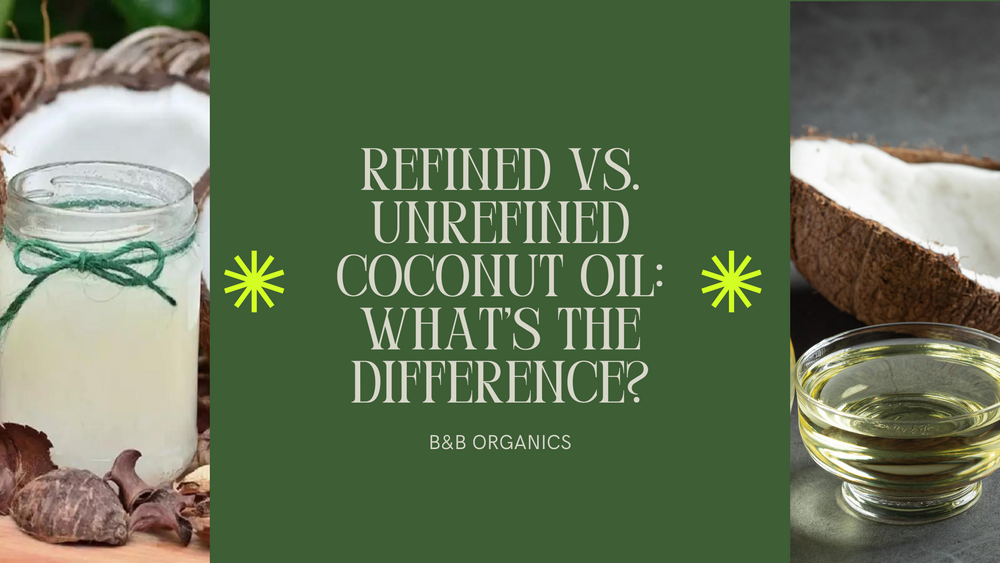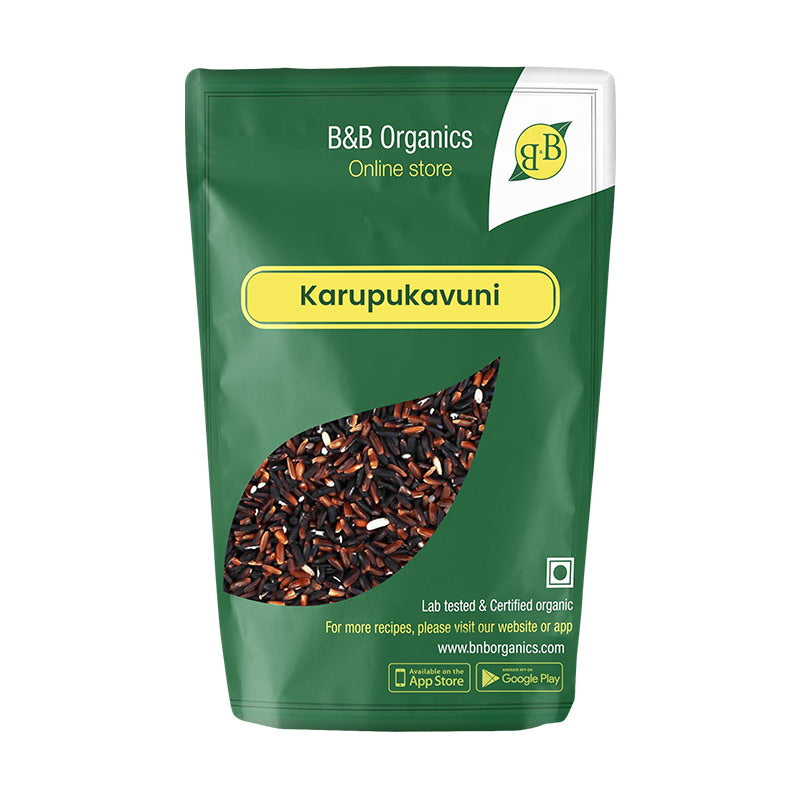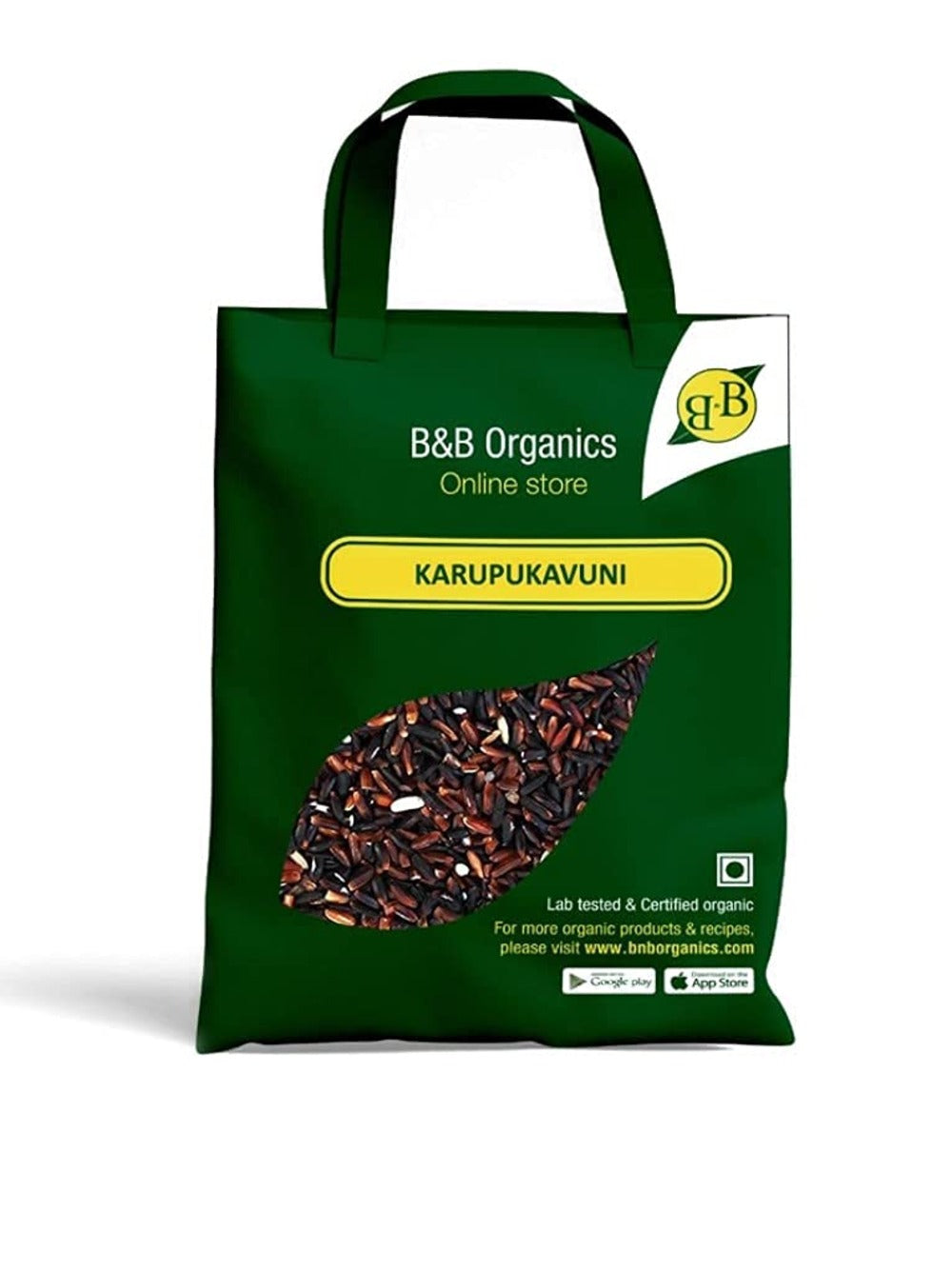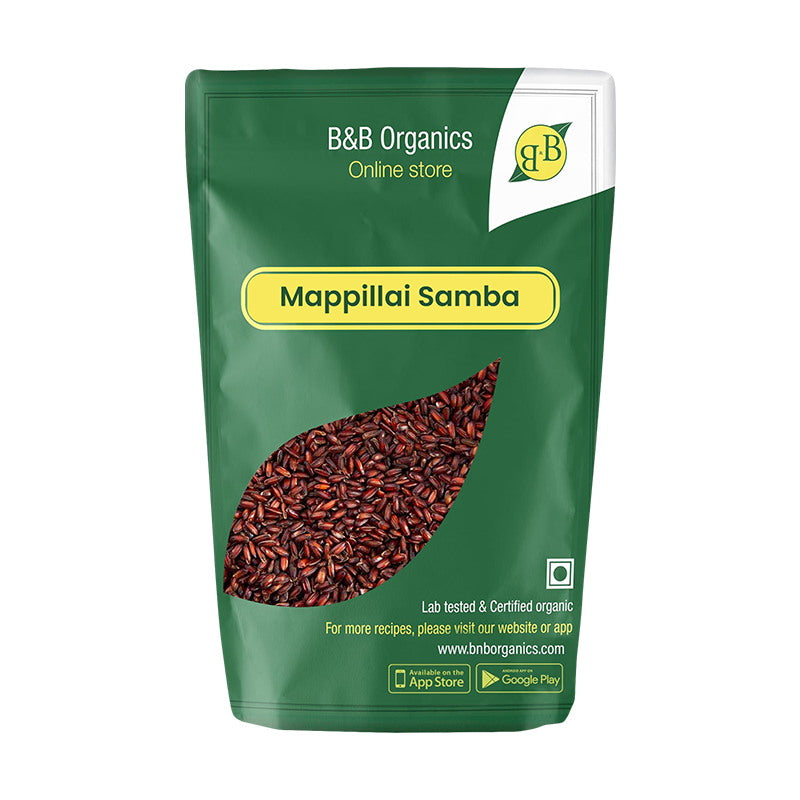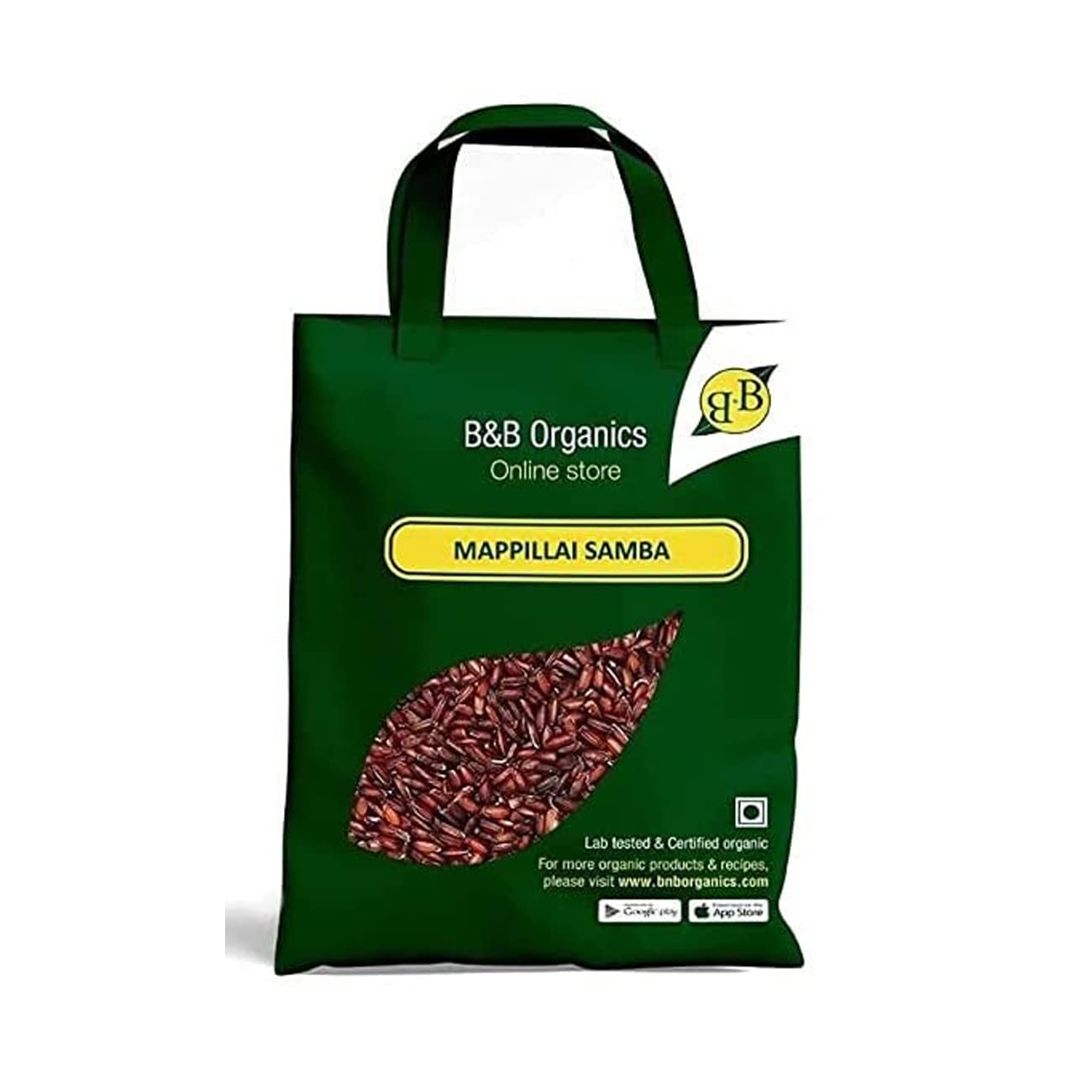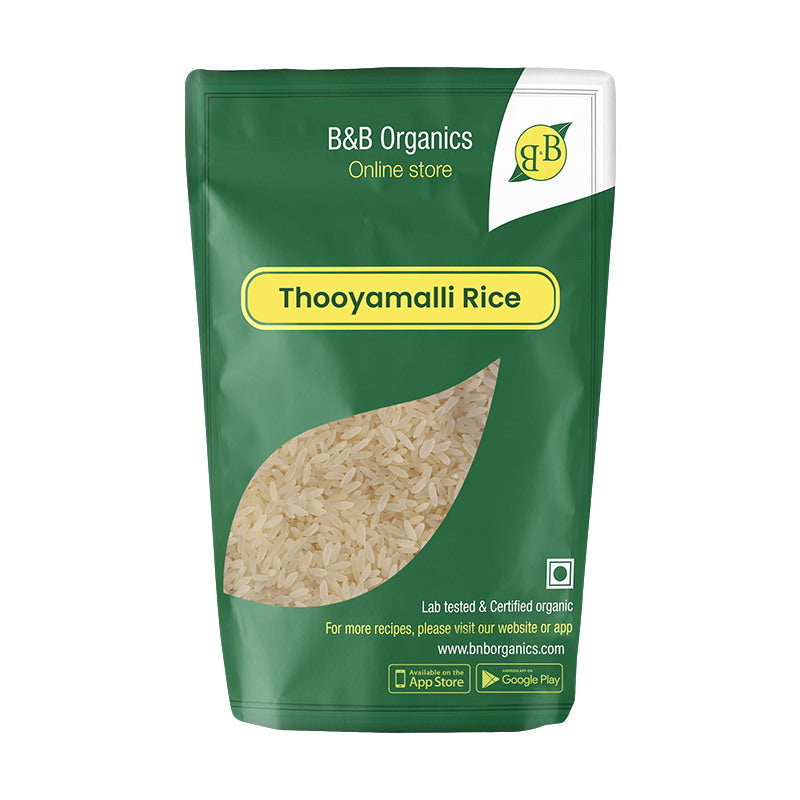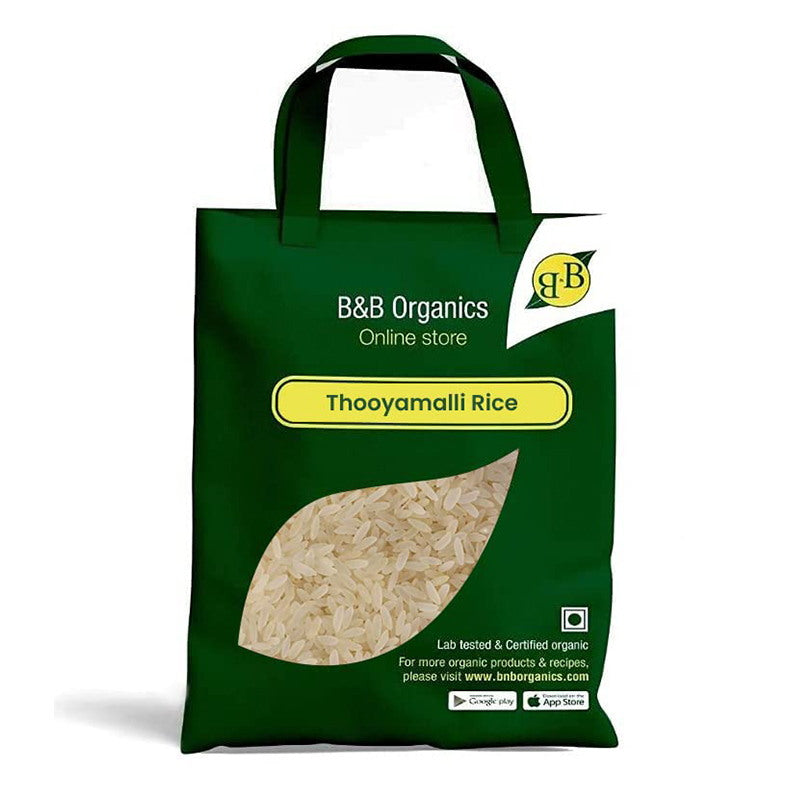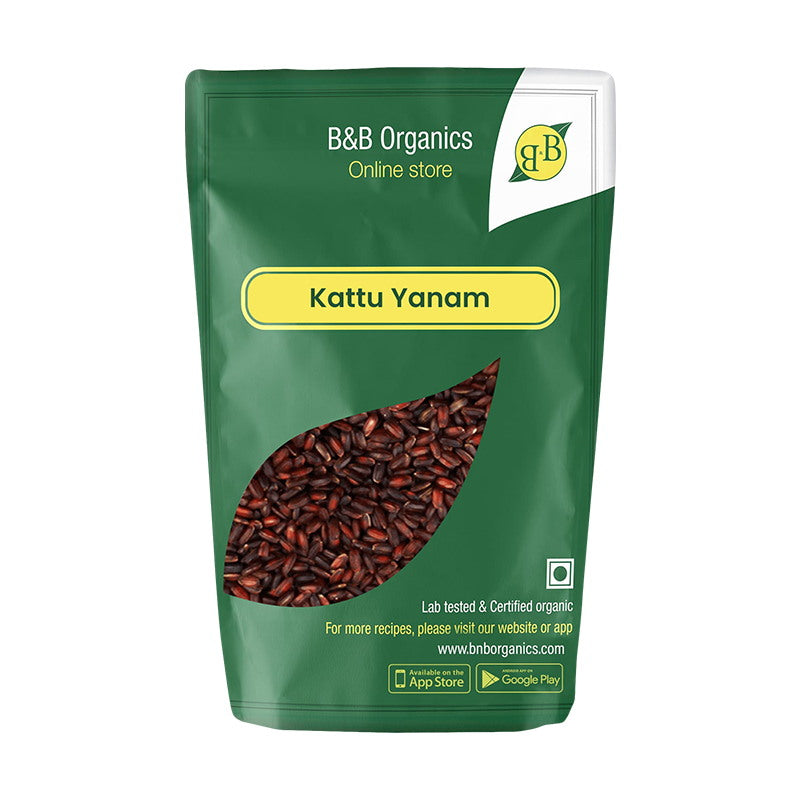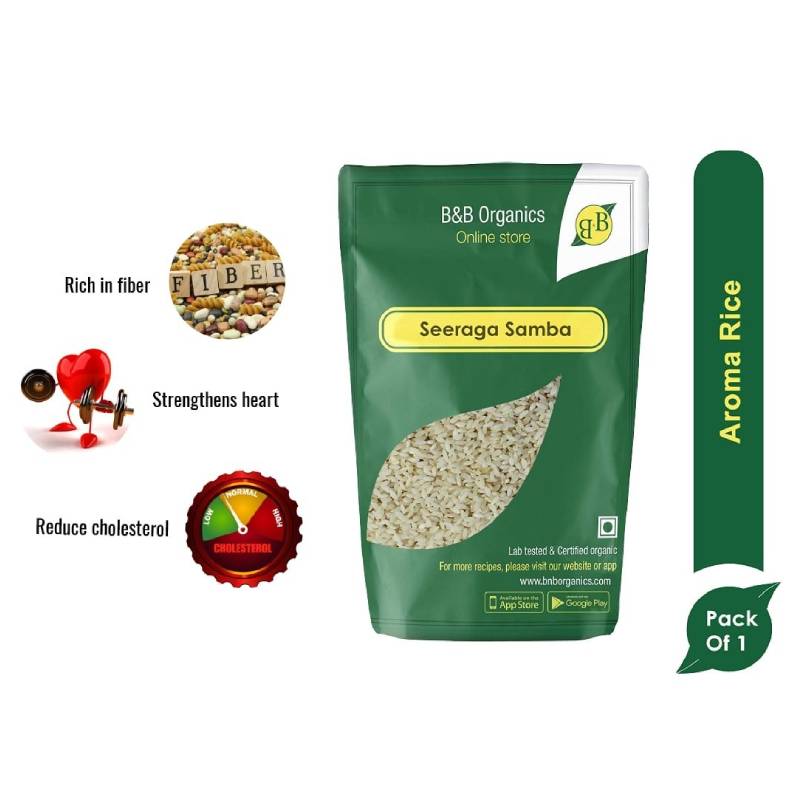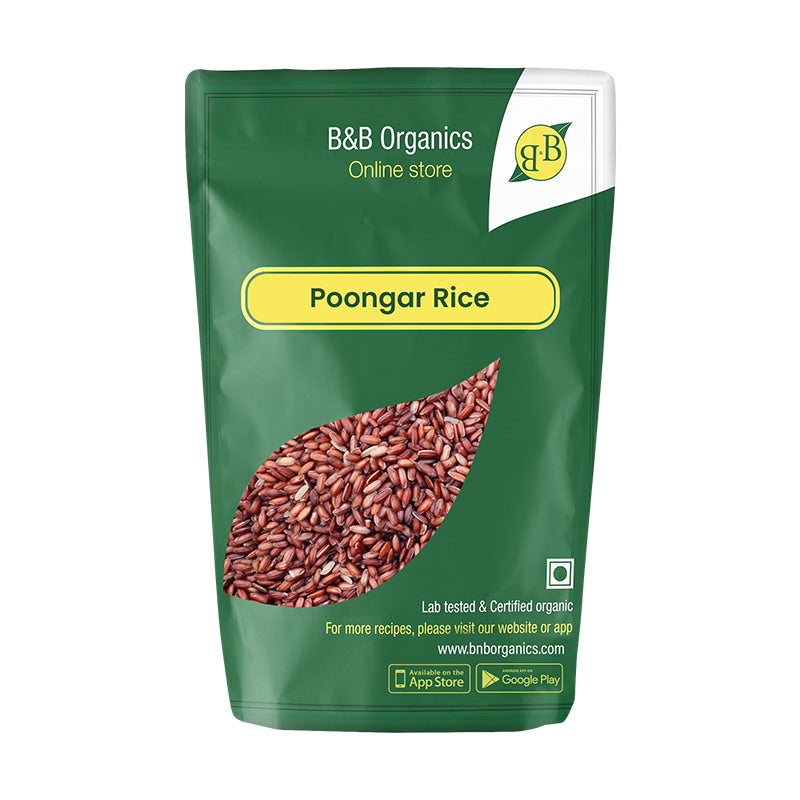Coconut oil is becoming widely used in the world of food as a healthy cooking oil, a go-to baking alternative, and as an option to butter in vegan cuisine. Choosing which kind of coconut oil to choose can be difficult due to the variety that covers the aisles of grocery stores. Coarse or soft? What is it about cold pressed versus virgin? Here, we compare and contrast unrefined and refined coconut oil and discuss how to use it in different cooking situations.
How Does Coconut Oil Work?

The fat from the coconut "flesh" is separated to produce coconut oil. This fat contains mainly saturated fat, resulting in it being solid at room temperature in contrast to certain other plant-based oils. There are two types of coconut oil: unrefined and refined. Both unrefined and refined coconut oil offer 120 calories each spoonful and similar nutritional properties. Coconut oil should be utilised carefully, similar to other cooking oils.
Refined coconut oil: What Is It?
The dry processing technique is employed to extract the coconut oil from the dried coconut copra at the start of the refining process for coconut oil. In order to enhance the quality of the oil for use in cooking, refined coconut oil is treated to additional processing, like cleansing, bleaching, or chemically refined.

Unrefined Coconut Oil: What Is It?
Unrefined coconut oil, as the title suggests, is obtained from the coconut flesh without any further refining. Virgin coconut oil, also referred to as unrefined coconut oil, can be obtained both dryly or wetly. Coconut oil is obtained by using a machine from dried coconut copra in the dry method. The wet method, which is usually more common, is squeezing fresh coconuts and separating the oil from the milk. The phrase "cold pressed" alludes to the extraction method, which used no temperature to produce unrefined coconut oil.
The Difference Among UnRefined & Refined Coconut Oil:
The production method is the main distinction among refined and unprocessed coconut oil. The act of squeezing coconut meat provides either unrefined and refined coconut oil, but refined coconut oil goes through extra steps including cleansing and bleaching. Aspects including taste, aroma, and smokey point the degree at which oil starts to burn are affected by the making of production.
Unrefined coconut oil has a distinct coconut aroma and smell as it hasn't had any computation, which can lead to contamination if used in cooking. With a smoke point of 350 °, unrefined coconut oil is more suited for baking. Refined coconut oil is more suited to high-temperature cooking methods like searing, frying, or sauteing as it doesn't smell or taste like coconut and has a greater

cloud point.
Refined vs. unrefined coconut oil: When to Use Which?
Baking With Coconut Oil:
When baking, coconut oil can be used either refined or unprocessed, like in these Coconut Oil Chocolate Chip Cookies as butter is replaced with coconut oil. Refined coconut oil is a good bet if you don't like coconut taste of coconut or do not want it to conflict with other tastes in your baked goods. Coconut oil can be used as a butter substitute for vegan baked products that call for flaky textures as it hardens at ambient temperature, like vegan pie crust or cookies.
Cooking With Coconut Oil:
Refined coconut oil is better for high-heat cooking methods including frying, stir - frying, grilling, saute, or frying due to its greater ignition temperature. When pan-frying proteins, like hot skillet salmon or crunchy pan-fried pork ribs, or when baking foods at a high temp, as these nutritious roasted seedlings with lime, use refined coconut oil for olive oil.


